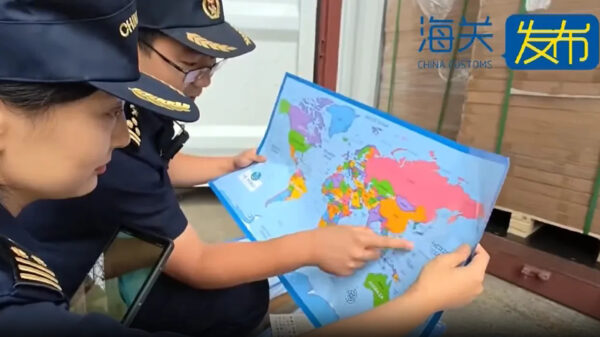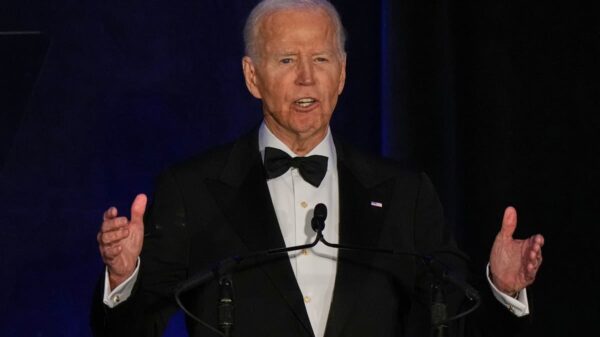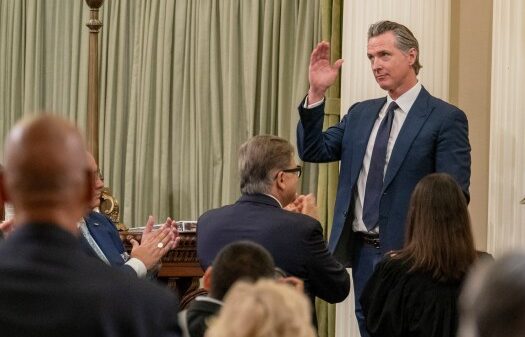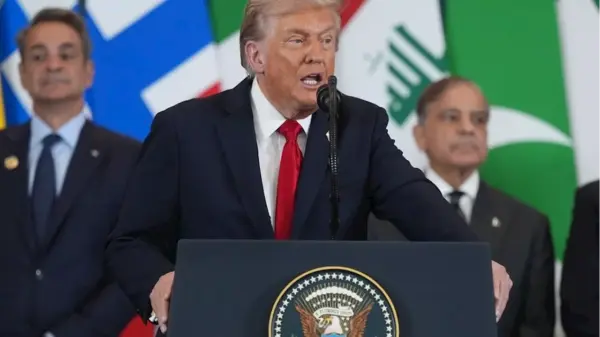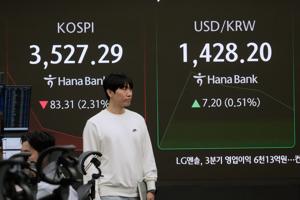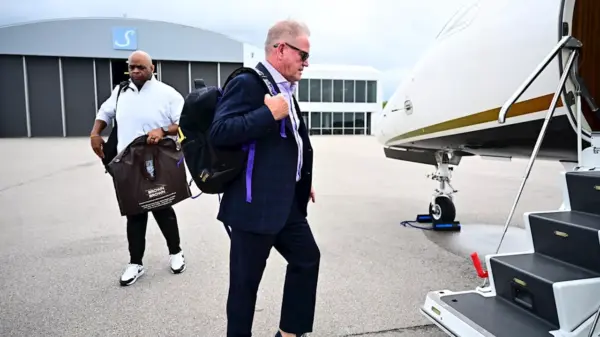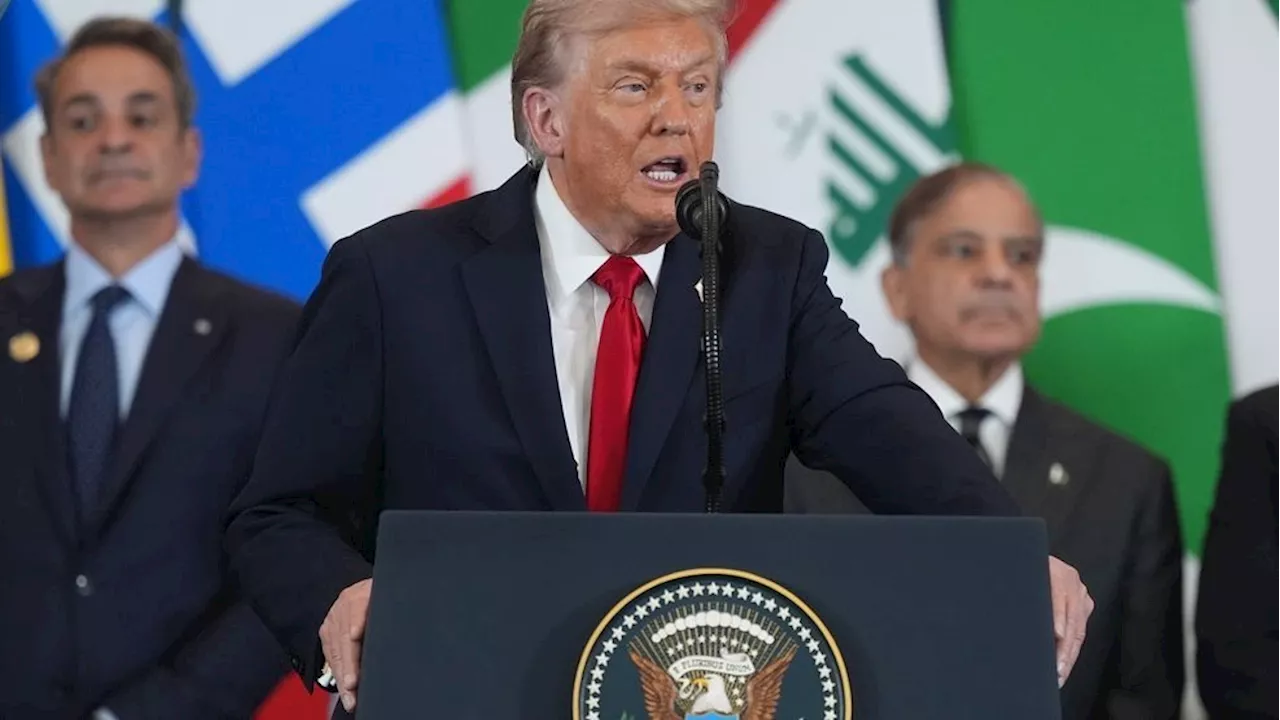On October 14, 2025, Argentinian President Javier Milei made his inaugural visit to the White House, coinciding with a significant financial initiative from the U.S. government. The U.S. Treasury announced a $20 billion currency swap framework with Argentina, aimed at stabilizing the country’s economy as it grapples with a looming financial crisis. The arrangement was finalized just days before Milei’s meeting with U.S. President Donald Trump, who hosted a working lunch in the Cabinet Room.
The currency swap signifies a strategic move by the United States to counter China’s growing influence in Argentina. With Argentina on the brink of economic collapse, U.S. officials expressed concerns that such a failure could have far-reaching implications for global markets, particularly in the Western Hemisphere. Bessent, a senior financial advisor, noted that the repercussions of an Argentine collapse could destabilize other economies in the region, especially given that Venezuela is currently the largest borrower from China, having received nearly $60 billion in loans primarily for energy and infrastructure projects.
Historical Context of U.S. Financial Intervention
Argentina’s recent financial aid marks a continuation of the U.S. government’s history of intervening in foreign economies facing distress. This is not the first instance of Washington stepping in to prevent a financial disaster. A notable example occurred during the presidency of Ernesto Zedillo Ponce de León in Mexico, where a banking crisis erupted shortly after he took office in 1994. Faced with a rapidly devaluing peso, President Bill Clinton bypassed Congress to authorize a $20 billion loan from the U.S. Treasury’s Exchange Stabilization Fund to stabilize the situation. Mexico successfully repaid this loan three years ahead of schedule, generating approximately $580 million in interest for the U.S.
The current operation in Argentina highlights the geopolitical complexities surrounding international finance. By supporting Argentina, the U.S. aims to limit China’s economic reach and prevent a scenario similar to Venezuela, where Chinese loans have bolstered an authoritarian regime. The implications of these financial strategies will be closely monitored, as they could significantly affect not only Argentina’s economic future but also the broader dynamics between major global powers.
As the situation evolves, the effectiveness of the U.S. intervention and its long-term impact on Argentina’s economy will become increasingly apparent. For now, the currency swap represents a critical step in addressing immediate financial challenges while navigating the intricate web of international relations and economic dependencies.






